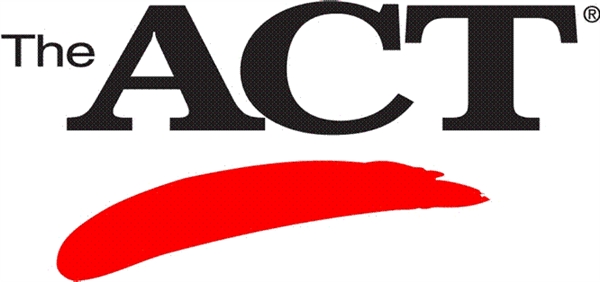Scoring the ACT: Unfair Advantages

Courtesy of Trinity Valley Community College
October 17, 2016
The ACT is a money game: it no longer accurately measures student’s aptitude or natural problem-solving skills, but rather the affluence of their parents. In a Huffington Post article this year, Rebecca Klein investigates this discrepancy of scores for different socioeconomic backgrounds, describing, “A new report out from the ACT outlines the numbers of students who reached college readiness benchmarks. . .the report found that low-income students, on the whole, performed much worse on the ACT than their wealthier peers last year.” Yet it wasn’t until I started to prepare for the ACT myself that I realized the incredible advantage that students who can afford tutoring for the test have over those who cannot.
At first, I tried to prepare independently for the ACT to save money. When I got my test scores back, I was pleasantly surprised but also disconcerted. My scores were good, but they weren’t good enough to distinguish me among a sea of kids scoring in the 30s. I decided to get an affordable tutor and see if they could teach me tools and tricks I was not already cognizant of. The difference in my test scores from when I practiced on my own to when I was tutored were simply astounding. I consider myself ambitious and driven, but I simply didn’t know the inner workings of the test as well as my tutor did. It’s their job to know the game and teach kids how to play it– but not without a paycheck.
Parents spend thousands of dollars on tutoring for their children every year. Say a tutor cost $130 an hour, and you have them for one hour, twice a week, for roughly 36 weeks a year (that is how many weeks are in a typical school year). Multiply 130 x 2 x 36 = 9,360. That’s just shy of $10,000 a year spent on ACT tutoring. The average income per year for an American is around $51, 000, and according to a recent MIT study “most American families of four would need an income of at least $58,00 just to survive” (Troutman). So the majority of middle-class Americans are already short of money they need just to survive, but they are expected to throw away 10 grand a year on a tutor. As someone who is fortunate enough to have enough money set aside for tutoring, I am shocked by how my tutoring will undoubtedly propel my scores far above students who lack the economic advantages I have. Luckily, Marymount offers great guidance and help in the College Counseling Department with Mr. Petrone and Mrs. O’Connell.
The ACT needs to be equalized now, because low-income students do want a higher education, but they are denied it due to their inability to pay for the college prep that has become a necessity. As stated in The Huffington Post, “While 35% percent of students with a family income of less than $36,000 per year enrolled in a four-year college immediately after high school, 73% of students with a family income of more than $100,000 per year did the same.” Do the math that your thousand dollar tutor has taught you- those statistics just aren’t fair.



